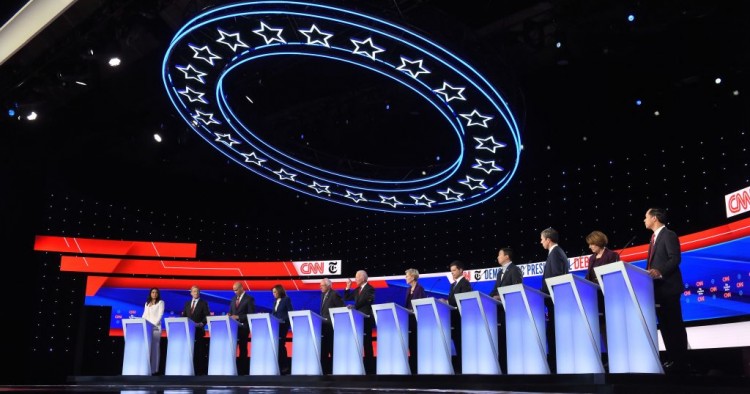A series of recent developments in Russian and Iranian cyber and disinformation operations indicate that securing the 2020 U.S. presidential election from foreign interference will likely be at least as fraught as in 2016. First was a revelation from Microsoft that an Iranian threat actor has attempted to breach the email accounts of staffers within and connected to President Donald Trump’s reelection campaign. Second was a takedown of four state-backed disinformation campaigns by Facebook – three from Iran and one from Russia. Third was a report from the American National Security Agency and the British General Communications Headquarters that a Russia-based threat actor named Turla has used Iranian cyber tools and infrastructure to carry out hacks in at least 20 countries in the past 18 months.
Attribution is one of the most intractable problems for cybersecurity professionals, and that intractability is often exploited to support conspiracy theories. Despite the U.S. intelligence community’s unanimous conclusion that Russia hacked and leaked emails from the Democratic National Committee (DNC) in 2016, unfounded theories nevertheless percolated that the leak was connected to the murder of DNC staffer Seth Rich or that the evidence of Russia’s culpability was fabricated by CrowdStrike. These theories were not backed by U.S. intelligence agencies or the private cybersecurity community.
The increasing involvement of Iran in disinformation and attempted email hacking, in tandem with the revelation of Turla hijacking Iranian hacking infrastructure, risks muddying the waters even further with regard to attributing and countering election interference in 2020. Depending on how much Russian-backed hackers can mimic Iranian tools, techniques, and procedures (or vice versa), even cybersecurity professionals may have difficulty attributing breaches. The result may be an even more fractured and distrustful American body politic than exists today.
Michael Sexton is a Fellow and the Director of MEI's Cyber Program.
Photo by SAUL LOEB/AFP via Getty Images
The Middle East Institute (MEI) is an independent, non-partisan, non-for-profit, educational organization. It does not engage in advocacy and its scholars’ opinions are their own. MEI welcomes financial donations, but retains sole editorial control over its work and its publications reflect only the authors’ views. For a listing of MEI donors, please click here.













